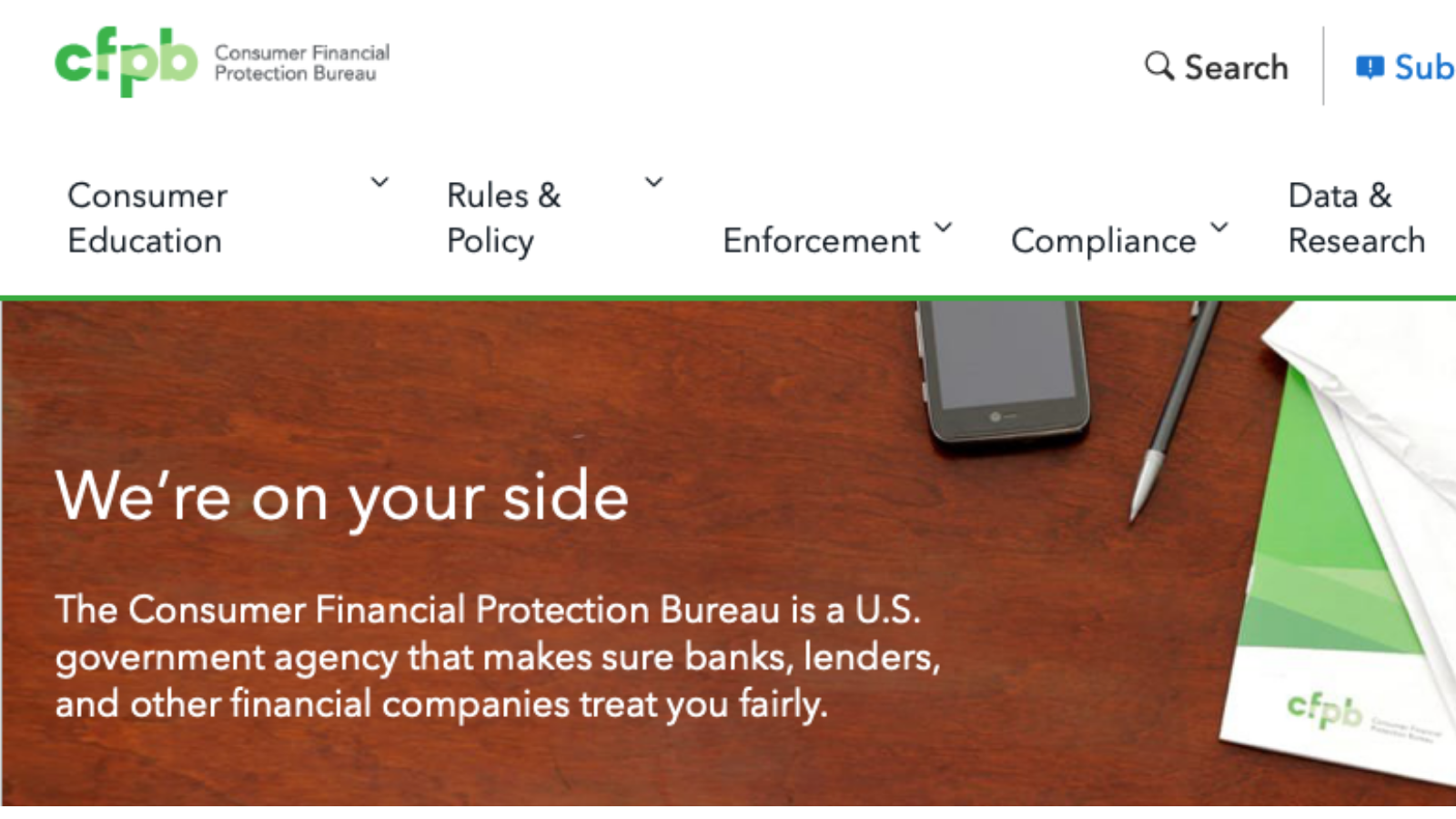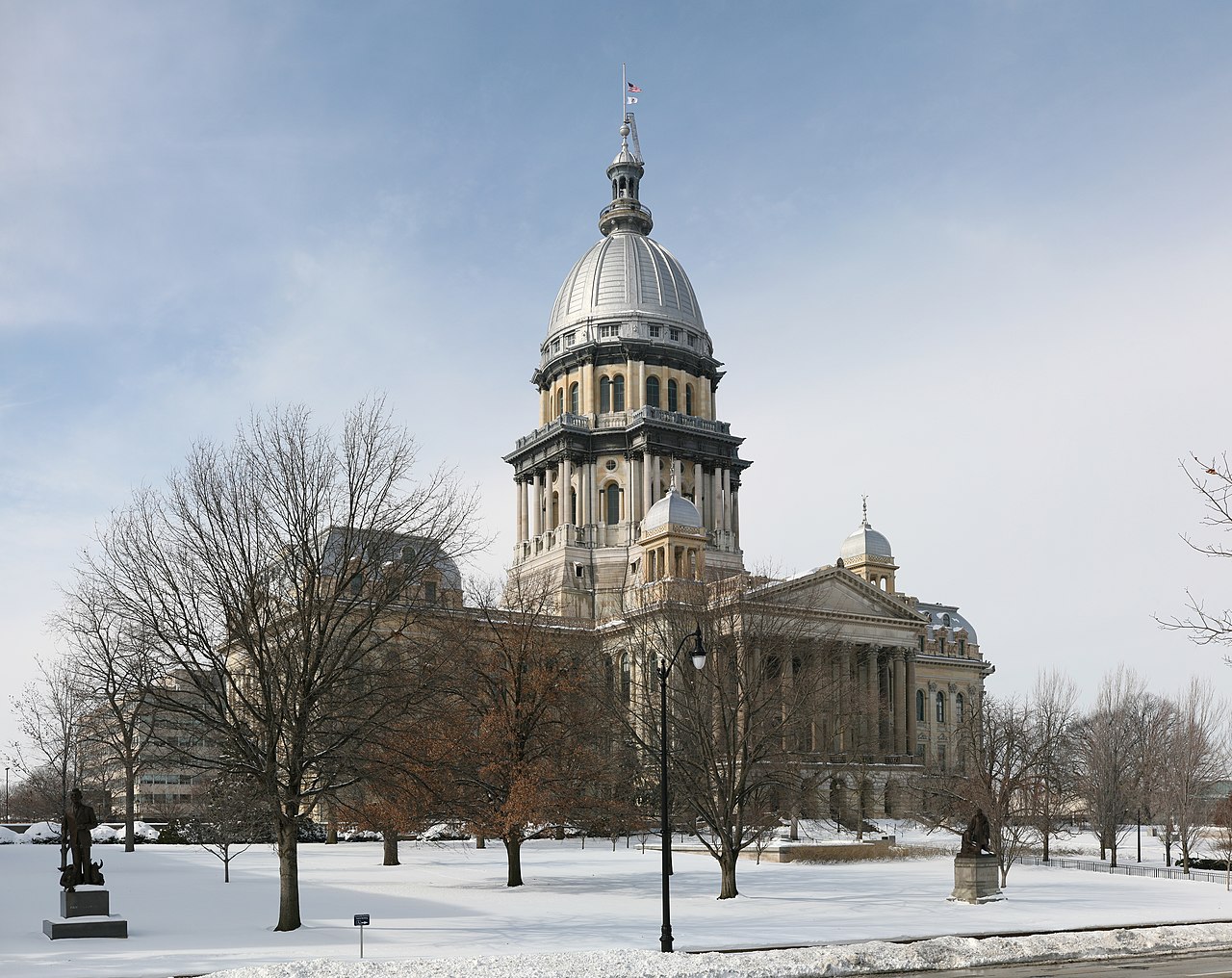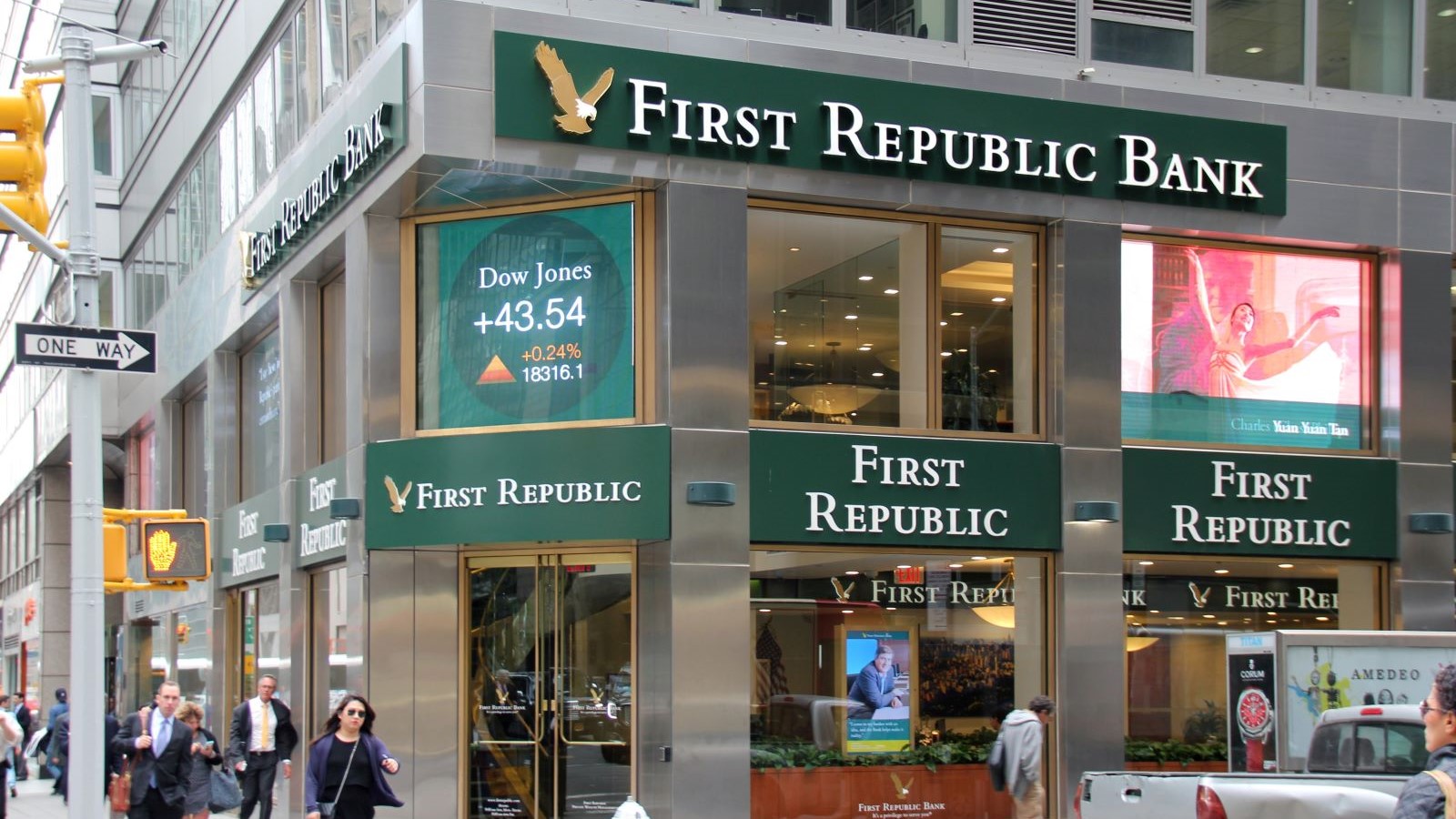
CFPB’s Chopra Seeks To Increase Competition in Consumer Markets
In testimony this morning before the House and tomorrow morning before the Senate, newly-confirmed Consumer Financial Protection Bureau (CFPB) director Rohit Chopra will lay out his vision for the federal financial agency with just one job, protecting consumers.

In testimony this morning before the House and tomorrow morning before the Senate, newly-confirmed Consumer Financial Protection Bureau (CFPB) director Rohit Chopra will lay out his vision for the federal financial agency with just one job, protecting consumers. His written testimony to the House Financial Services Committee explains that, in addition to protecting consumers from unfair practices, his vision includes watchdogging Big Tech, especially as it seeks a major expansion into payment systems:
“Technological progress holds the potential for enormous benefits to households and the economy, particularly with respect to real-time consumer payments. At the same time, the desire of Big Tech to gain greater control over the flow of money in the economy raises a number of questions. For example, how will these firms harvest and monetize data they collect on our transactions? What criteria will they use to decide who is removed from the platform? How will they ensure that payment systems adhere to consumer protections? Will Big Tech giants have an incentive to impede the entry of new firms seeking to offer competitive products and services?”
Just last week, as the testimony goes to explain, the CFPB issued “orders to dominant firms such as Facebook, Google, Apple, Amazon, Square, and PayPal to shed light on some of these questions.” As the CFPB’s press release on the information request orders explains about one of the potential problems it seeks answers to:
“Data harvesting and monetization. Payment companies may be actively sharing payment data across product lines and with data brokers and other third parties. In some cases, Big Tech companies may be using this data for behavioral targeting. These practices may not align with consumers’ expectations. The orders seek information on how companies collect and use data.”
Banks, of course, know a lot about their customers, but are subject to more regulations on privacy and data security than Big Tech firms are. Director Chopra’s full statement accompanying the orders explains the stakes as Big Tech seeks bigger cracks in the wall between banking and commerce:
“But payments businesses are network businesses and can gain tremendous scale and market power, potentially posing new risks and undermining fair competition. Furthermore, knowing what we spend our money on is a valuable source of data on consumer behavior. This data can be monetized by companies that seek to profit from behavioral targeting, particularly around advertising and e-commerce. That many Big Tech companies aspire to grow in this space only heightens these concerns.”
In detailed comments on behaviorial targeting to the Federal Trade Commission ten years ago(!), U.S. PIRG and the Center for Digital Democracy warned that “At the heart of all of this aggregation and optimization, lest we forget, are individual consumers who have no knowledge of either the extent of the online surveillance to which they are being subjected, or the practical effects of that monitoring, including personalized advertising designed to appeal to an individual’s needs, interests, and vulnerabilities…”
Director Chopra, of course, helped start up the CFPB in 2010 and then became its first Student Loan Ombudsman. Most recently, he has been an FTC Commissioner who has played an active role in investigating the practices of and enforcing competition and privacy laws against Big Tech firms. This institutional knowledge will help him as Big Tech seeks to move more aggressively into banking. While banks are chartered to serve certain public goals, Big Tech’s goals are to monetize information about consumers. We’re their product, not their customer, even if we get boxes of stuff delivered to our doors.
Of course, as his testimony also states, there are also CFPB-regulated financial “markets like credit reporting, [where] consumers are not the customer and lack the leverage to get problems fixed in a timely manner.” Another “dead-end” financial market, to use a phrase used by the CFPB’s first director, Rich Cordray, is debt collection, where massive consumer abuses abound.
As families and small businesses continue to get hammered by the pandemic’s secondary effect of financial disruption, we look forward to hearing more about Director Chopra’s vision to make financial markets work for all of us. The House Financial Services Committee has titled its hearing “Bringing Consumer Protection Back” while the Senate Banking Committee proclaims “A New Era for Consumer Protection.” U.S. PIRG looks forward to working with the CFPB, the FTC and the Biden administration to protect consumers and make markets work.
Topics
Authors
Ed Mierzwinski
Senior Director, Federal Consumer Program, PIRG
Ed oversees U.S. PIRG’s federal consumer program, helping to lead national efforts to improve consumer credit reporting laws, identity theft protections, product safety regulations and more. Ed is co-founder and continuing leader of the coalition, Americans For Financial Reform, which fought for the Dodd-Frank Wall Street Reform and Consumer Protection Act of 2010, including as its centerpiece the Consumer Financial Protection Bureau. He was awarded the Consumer Federation of America's Esther Peterson Consumer Service Award in 2006, Privacy International's Brandeis Award in 2003, and numerous annual "Top Lobbyist" awards from The Hill and other outlets. Ed lives in Virginia, and on weekends he enjoys biking with friends on the many local bicycle trails.
Find Out More

Our 2024 priorities in the states

A look back at what our unique network accomplished in 2023

Mastercard, don’t sell my data

